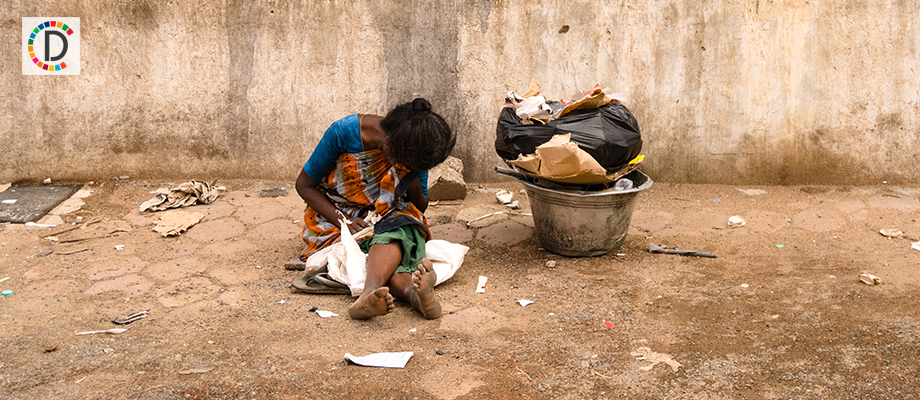Virus keeps Chinese couple from baby born to Idaho surrogate
Emily Chrislip gave birth to the healthy girl at a Boise hospital May 18, but her biological parents in Beijing have waited months for their first embrace with the infant, The Idaho Statesman reported. After a public health emergency was declared in the US because of the coronavirus, travel restrictions to and from China took effect Febuary 2.

- Country:
- United States
A Chinese couple has been prevented by coronavirus health restrictions from travelling to the U.S. to take custody of their newborn child, who remains with her surrogate mother in Idaho. Emily Chrislip gave birth to the healthy girl at a Boise hospital May 18, but her biological parents in Beijing have waited months for their first embrace with the infant, The Idaho Statesman reported.
After a public health emergency was declared in the US because of the coronavirus, travel restrictions to and from China took effect Febuary 2. "There's really no update on when (the parents) will be able to get here," Chrislip said.
Chrislip, who is married and has a two-year-old son, said she became a gestational carrier, or surrogate, to help couples struggling with fertility issues. Parents who seeks surrogates generally have exhausted other fertility options or cannot conceive for medical reasons. After investigating the surrogate process, Chrislip connected with a couple from China, who were not identified.
"Once we were talking about it more and more and she told me her reasoning and how awesome it would be to be able to do that for a family, I was all for it," Emily Chrislip said. Chrislip estimates she received between USD 35,000 and USD 40,000 in compensation for her surrogacy, which she and her husband, Brandon Chrislip, used to pay off student loans and buy a bigger house.
Chrislip has returned to work after taking four weeks off from her job as a marketing and admissions specialist, which she thought would be enough time for the baby's biological parents to travel to the US. "We tried to put ourselves in the parents' shoes," Chrislip said. "If it was our child, what would we want for our baby? If we ever had to use a surrogate, we hope that she would be willing to take care of our baby." Sending the family pictures and videos nearly everyday, the two families have grown closer, she said.
They also have learned to approach the situation with a sense of humour. "I'll have people come into work and be like: 'Oh yeah, I have this problem because of the pandemic,'" Chrislip said. "I'm like, 'Well, I bet I'll beat your problem.'" For most people, the new coronavirus causes mild or moderate symptoms, such as fever and cough that clear up in two to three weeks. For some -- especially older adults and people with existing health problems -- it can cause more severe illness, including pneumonia, and death.
The number of infections is thought to be far higher because many people have not been tested, and studies suggest people can be infected with the virus without feeling sick..
(This story has not been edited by Devdiscourse staff and is auto-generated from a syndicated feed.)
- READ MORE ON:
- Emily Chrislip
- Idaho
- Chinese
- Idaho Statesman
- Boise
- Beijing
ALSO READ
Treasury secretary heads to China to talk trade, anti-money laundering and Chinese 'overproduction'
Treasury secretary heads to China to talk trade, anti-money laundering and Chinese ''overproduction''
US treasury secretary is in China to talk trade, anti-money laundering and Chinese 'overproduction'
Pakistan will take all measures for Chinese nationals' security: Prez Zardari
EXCLUSIVE-Targeting Chinese chips, US to push Dutch on ASML service contracts










